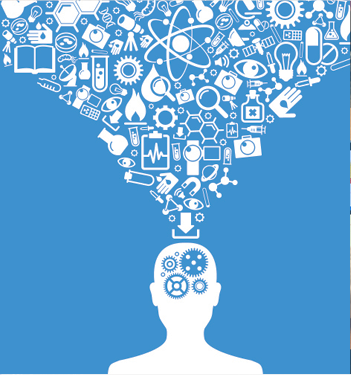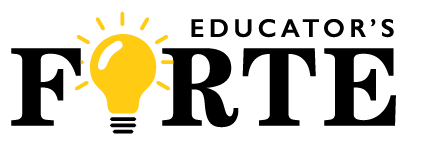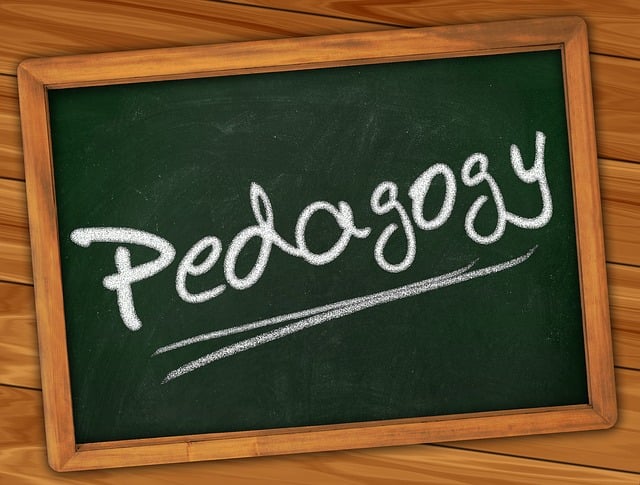I remember my first year teaching like it was yesterday. I was fresh out of college with a degree in secondary social science education. I was certified to teach all social studies topics grades 6-12, including history, government, economics, geography, psychology, and sociology. That first year I taught two subjects—11th grade American History and 12th grade US Government.
I had some typical new-teacher struggles with classroom management, but I struggled more with content knowledge. I would go so far as to say I was woefully unprepared. Every night I stayed up and studied my textbooks and wrote lesson plans. I slept a few hours, and then off to school I went to impart what I had stayed up studying the night before.
Maybe that’s just what first year teaching is. I know lots of teachers with similar new-teacher stories.
But here’s the thing—although I did eventually get more comfortable with the content in my textbooks (second semester was a sweet relief!), there was no point where my knowledge went significantly beyond what was in the students’ textbook. Partially because within two years I was teaching a whole new subject, and three years after that, yet another new subject. But also, because as a social science education major, my college preparation in subject area courses was a mile wide and an inch deep.
As I gained experience teaching, my classroom management vastly improved and I worked hard to keep students engaged with interesting instructional strategies. But my content knowledge remained superficial in most areas. Yes, I learned some content in-depth from self-study. But that was on topics I was specifically interested in. But for many other topics, I relied exclusively on what was in my textbook.
Not once in my years of teaching did I have a single professional development session that focused on the content I was charged with teaching. Not once.
That’s a problem. It was a problem for me, and I suspect a problem for a lot of teachers at every level.
A Balancing Act
Effective teaching requires a balance of content knowledge and pedagogical knowledge. While distinct in nature, these two knowledge domains intersect and intertwine, forming the bedrock of impactful instruction. One without the other leads to ineffective teaching.
- Content knowledge encompasses the depth and breadth of understanding within a specific subject area. It encompasses the core concepts, facts, theories, and principles that are fundamental for mastery. A math teacher must possess a comprehensive understanding of mathematical operations, algebraic concepts, geometric principles, and statistical analyses. An English teacher needs a firm grasp of grammar, vocabulary, writing conventions, and a considerable volume of literature. Across all subject areas, content knowledge provides teachers with the necessary expertise for effective instruction.

- Pedagogical knowledge, on the other hand, focuses on the art and science of teaching itself. It involves understanding how students learn, recognizing their diverse needs and abilities, and employing appropriate instructional strategies and techniques. Pedagogical knowledge equips teachers with the skills to plan engaging lessons, differentiate instruction, create a positive learning environment, and assess student progress effectively and accurately.

While content knowledge and pedagogical knowledge are distinct, the intersection between the two is the critical point where effective teaching occurs. This overlap lies in the application of subject-specific instructional strategies. When teachers possess a deep understanding of their content area and apply pedagogical approaches tailored to that subject, the odds of effective instruction are greatly improved.
Insufficient Content Knowledge Hinders Student Learning
The interplay between content knowledge and pedagogical knowledge is essential for effective teaching. However, teacher preparation in colleges and subsequent formal professional development opportunities for teachers tend to emphasize pedagogical knowledge almost to the exclusion of content knowledge.
Deficient content knowledge can thwart a teacher’s ability to provide students with a comprehensive understanding of the subject matter and greatly inhibit teachers’ confidence levels when facing a classroom full of students.
Inadequate content knowledge can result in:
- surface-level instruction where connections between concepts are missed,
- an inability to address students’ nuanced questions and thus inadvertently perpetuating student misconceptions,
- an inability to draw on alternative explanations or provide multiple representations of the content, making effective differentiation challenging, and
- teachers inadvertently conveying low expectations for student learning due to their own lack of confidence in the subject matter.
While continual development of teachers’ pedagogical strategies is unquestionably important, an imbalanced focus on pedagogy at the expense of content knowledge can leave teachers struggling to effectively use those strategies.
How can districts and schools address this issue?
- Ensure a balanced approach to professional development that addresses both pedagogy and content knowledge.
- Foster a culture of continuous learning and encourage teachers to pursue opportunities for self-improvement in content areas by providing relevant resources.
- Support teachers in seeking advanced coursework to expand pedagogical content knowledge.
- Allow teachers to attend subject-specific conferences and engage in communities of practice related to their disciplines.
Taking proactive steps to address development of both pedagogy and content knowledge helps ensure teachers are equipped to provide the rigorous instruction and learning opportunities called for in today’s classrooms.
Subscribe to our blog below to learn more about effective professional development.

